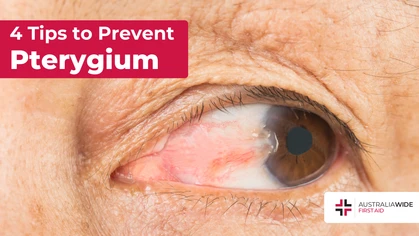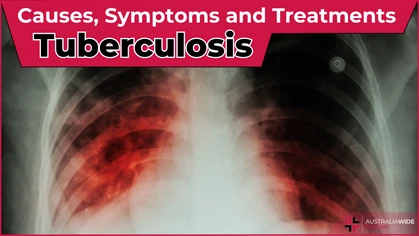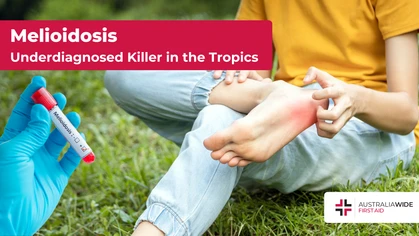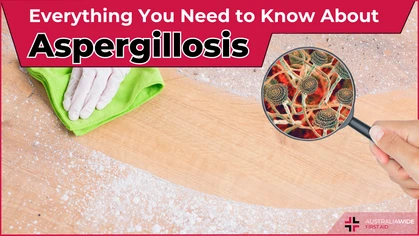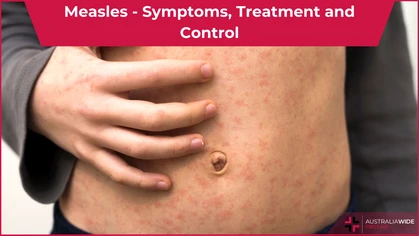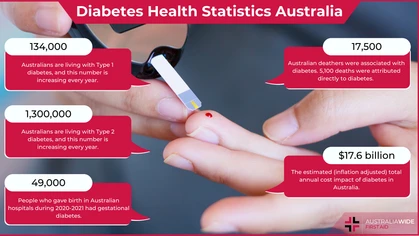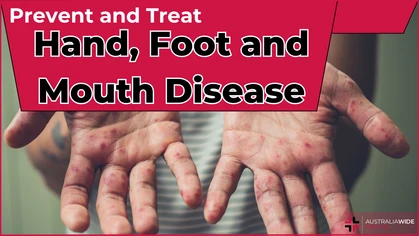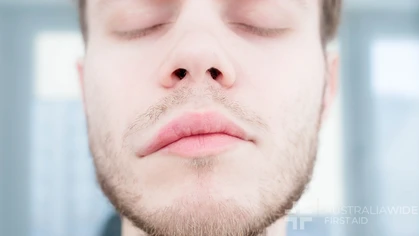What causes a person to have an epileptic seizure?

Disease
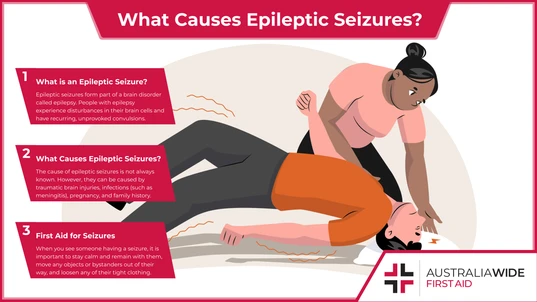
Epileptic seizures occur when the brain's activity is disturbed, and they can be caused by brain injuries, infections, and family history, among others. It is important to know first aid for epileptic seizures, as they can cause people to hurt themselves.
Epileptic seizures can be scary and traumatic events, and you might be wondering what can cause a person to have one? Are there any warning signs, and who might be at risk? In this article, we will discuss what causes epileptic seizures, as well as some of the warning signs and risk factors.What is an epileptic seizure?
Epileptic seizures are a type of brain disorder that causes people to have uncontrolled shaking or convulsions. There are many different types of epileptic seizures, and they can vary from person to person. Some people may only have a single seizure in their lifetime, while others may have seizures on a regular basisWhat causes epileptic seizures?
The cause of epileptic seizures is not always known, but they can be caused by a variety of things including head injuries, stroke, brain tumors, and maternal fever during pregnancy. In some cases, the cause of seizures cannot be determined. Epileptic seizures are caused by a sudden, abnormal electrical discharge in the brain. This can happen due to a number of different reasons, including:Genetics:
If you have a family history of epilepsy, you may be more likely to experience seizures yourself.Brain injury:
A traumatic brain injury (TBI) can increase your risk for developing seizures.Infections:
Certain infections, such as meningitis or encephalitis, can lead to epileptic seizures.Neurodegenerative diseases:
Diseases that cause degeneration of the nervous system, such as Alzheimer’s disease or Parkinson’s disease, can sometimes result in seizures.Metabolic disorders:
Disorders that affect the way the body metabolizes food, such as kidney or liver failure, can sometimes cause seizures.Drug or alcohol abuse:
Substance abuse can sometimes trigger seizures.Withdrawal from certain medications:
Abruptly stopping certain medications, such as barbiturates or benzodiazepines, can lead to withdrawal seizures.Pregnancy:
Seizures during pregnancy are relatively common, and can be caused by a variety of factors including high fevers, low blood sugar, and sleep deprivation.Warning signs and risk factors for epileptic seizures
There are a few warning signs and risk factors that may increase your chance of having an epileptic seizure. These include:Family history of epilepsy:
If you have a family member with epilepsy, you may be more likely to develop the condition yourself.Previous seizure:
If you’ve had a previous seizure, you’re more likely to have another one.Brain injury:
As we mentioned before, a brain injury can increase your risk for developing seizures.Infections:
Certain infections, such as meningitis or encephalitis, can lead to epileptic seizures.Metabolic disorders:
Disorders that affect the way the body metabolizes food, such as kidney or liver failure, can sometimes cause seizures.Drug or alcohol abuse:
Substance abuse can sometimes trigger seizures.Withdrawal from certain medications:
Abruptly stopping certain medications, such as barbiturates or benzodiazepines, can lead to withdrawal seizures.Pregnancy:
Seizures during pregnancy are relatively common and can be caused by a variety of factors including high fevers, low blood sugar, and sleep deprivation. If you experience any of these warning signs or risk factors, it’s important to talk to your doctor so they can help you determine if you’re at risk of having a seizure.Treatment options for epileptic seizures
While there is no cure for epilepsy, there are treatments that can help people manage their seizures. These treatments can include:Medications:
There are a variety of medications that can be used to treat seizures, and the type of medication prescribed will depend on the individual’s specific situation.Surgery:
In some cases, surgery may be an option to treat epilepsy. This is usually only considered if other treatment options have been unsuccessful.Dietary changes:
Certain dietary changes, such as the ketogenic diet, can sometimes help to control seizures. If you or someone you know is experiencing epileptic seizures, it’s important to seek medical help right away. Seizures can be dangerous, and it’s important to get the proper treatment in order to manage them.What to do if someone is having a seizure
If you see someone having a seizure, it’s important to stay calm and follow these steps:- Do not try to stop the seizure by restraining the person or placing anything in their mouth.
- Remove any nearby objects that could hurt the person during the seizure.
- Position the person on their side so they don’t choke on their own saliva.
- Stay with the person until the seizure has ended and they are awake and alert again.
FAQs about epilepsy
What causes an epileptic seizure
An epileptic seizure is caused by a sudden, temporary change in the electrical activity of the brain. This can be due to a variety of factors, including family history, previous seizures, brain injury, infections, metabolic disorders, drug or alcohol abuse, withdrawal from certain medications, and pregnancy.What are the warning signs and risk factors for epileptic seizures
There are a few warning signs and risk factors that may increase your chance of having an epileptic seizure. These include a family history of epilepsy, previous seizures, brain injury, infections, metabolic disorders, drug or alcohol abuse, withdrawal from certain medications, and pregnancy.What is the treatment for epileptic seizures?
While there is no cure for epilepsy, there are treatments that can help people manage their seizures. These treatments can include medications, surgery, dietary changes, and lifestyle changes.What should I do if someone is having a seizure?
If you witness someone having a seizure, it’s important to remain calm and provide whatever assistance you can. Remove objects from near the patient's head, and try to safely position them on their side if possible. For more information about the common causes, symptoms, and treatments of epileptic seizures, check out our video below:Epileptic seizures | Final thoughts
Epileptic seizures can be frightening, but it’s important to remember that they can be managed with proper medical treatment. If you or someone you know is experiencing epileptic seizures, seek medical help right away. And if you witness someone having a seizure, remain calm and provide whatever assistance you can. To develop the skills and confidence to provide first aid in the event of an epileptic seizure, book a first aid course near you.
Originally published at
https://www.australiawidefirstaid.com.au/resources/what-causes-epileptic-seizures
as part of the Australia Wide First Aid Articles Library
